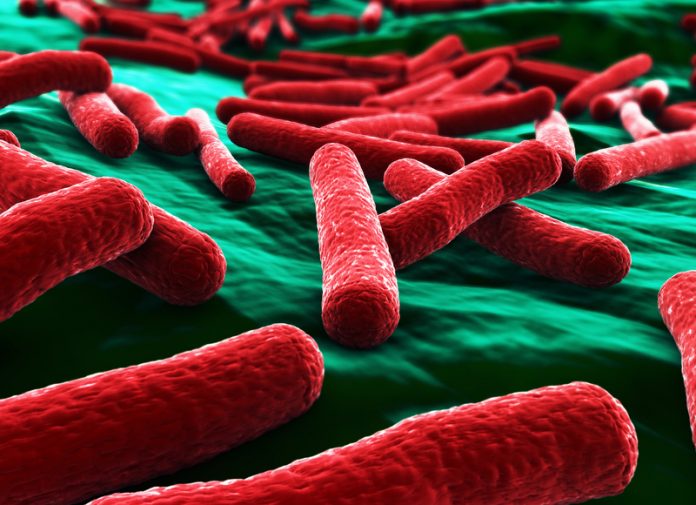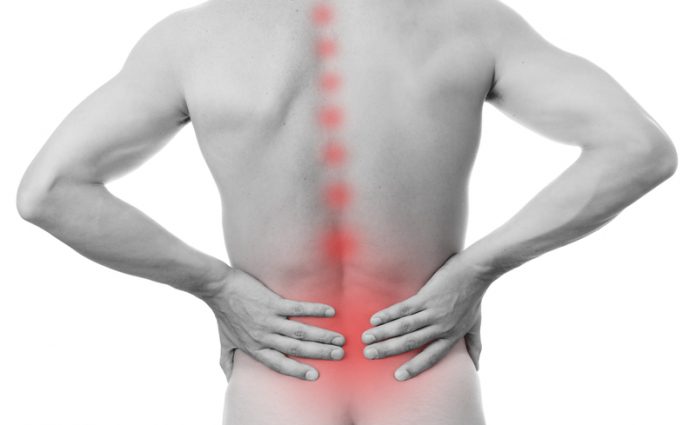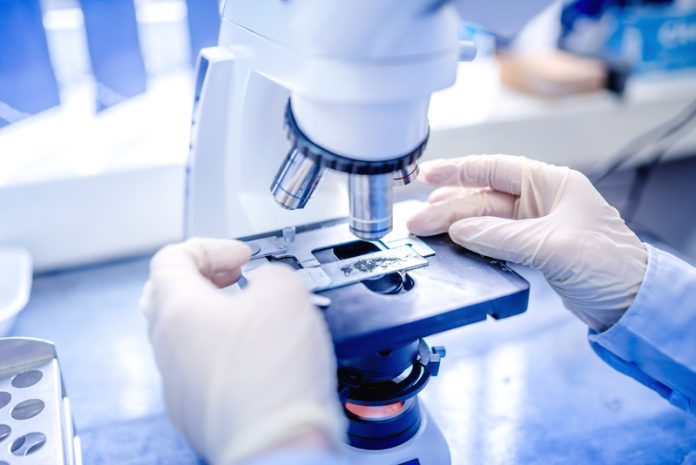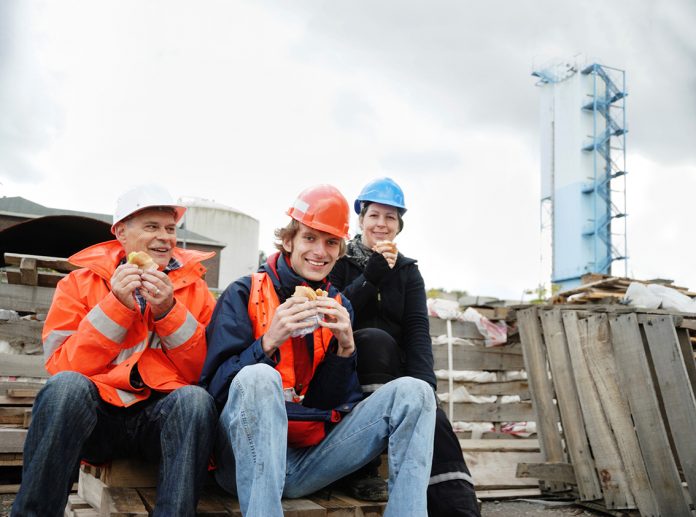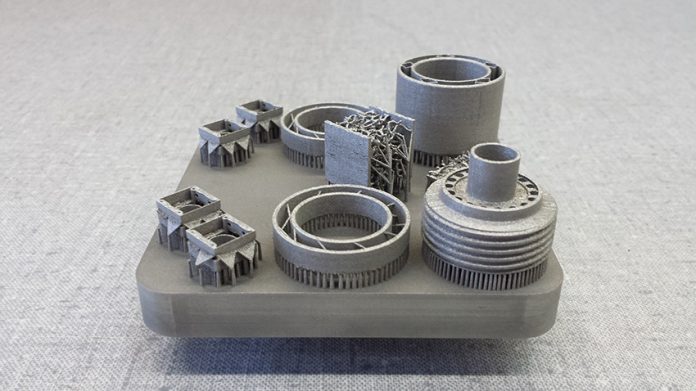OAG 014 – May 2017 Related Content
Understanding microbial pathogenicity requires holistic analyses
The Institute of Hygiene, Westfälische Wilhelms-Universität Münster highlights the changes in microbal pathogenicity
Identifying novel biomarkers for drug-induced kidney injury
The European Federation of Pharmaceutical Industries and Associations (EFPIA) explain how SAFE-T DIKI is advancing research into drug-induced kidney injury
Climate services – shaping a growing market
Climate services is a growing sector where market opportunities and ways towards operationalisation are being explored. Prof Dr Daniela Jacob explains
Nanoscale imaging research: Why is it useful?
The Center for Electron Nanoscopy’s Professor Jakob Birkedal Wagner highlights the strides being made in nanoscale imaging research
Uterine fibroids: Where is research heading?
Uterine fibroids represent a prevalent benign gynaecologic problem in the U.S, here Romana A. Nowak of the University of Illinois explains
Endocrine disrupting chemicals: From feeds to hormones
Alberto Mantovani and Chiara Frazzoli, scientists of the Italian National Health Institute, discuss the role of endocrine disrupting chemicals in feed-food chains
Evidence based health promotion at work
Health promotion is the workplace is a key priority in the 21st Century, explains Jaana Laitinen of the Finnish Institute of Occupational Health
Reaping the full rewards of Agile in government
Agile Business Consortium’s Geof Ellingham outlines the benefits of Agile methods in digital service development and how it can help public services
Enhancing road safety applications for truck drivers
Christos Oikonomopoulos-Zachos, IMST GmbH details how advanced communication techniques can be used for road safety applications
The ASI/COSMOS project provides knowledge of the universe
Prof. Nicola Vittorio, of the Università degli Studi di Roma ‘Tor Vergata’, shares details on the ASI/COSMOS project and how it will advance cosmology
FinnFusion: Advancing fusion research in Finland
The FinnFusion Consortium focuses on two centres of excellence, fusion power plant analysis and remote handling, explains Dr Tuomas Tala
Brexit should not impact the disaggregation of IT services
Littlefish's Dave Aspindle explains why it is important the disaggregation of IT services should continue, irrespective of the political landscape
Competence-oriented music lessons to improve teaching
What does the learning culture of music lessons in Switzerland look like? The University of Zurich investigates how lessons could be improved
What is the importance of mechanical systems?
The University of Applied Sciences’ research group discuss the challenges of mechanical systems and the benefits they bring to everyday life
Understanding developmental language disorder
Mandy Grist, Speech and Language Advisor at children’s communication charity I CAN, sheds light on developmental language disorder – previously known as SLI
What do you know about developmental language disorder, also known as DLD? For many, the answer to this question would be – very little. Despite the fact...
Boosting innovation in the wood technology sector
A multidisciplinary approach is necessary to stimulate the wood technology sector, says Professor Frédéric Pichelin, of Bern University of Applied Sciences
Blockchain will have the biggest impact on the public sector
John Bertrand, Digital Value Engineer at SAP talks about the value of blockchain and how it can benefit government as well as local authorities
Blockchain seems to be everywhere and nowhere all at once. It is based on distributed ledger technology (DLT) – also known as a shared database or...
Tackling climate change in Sweden
Open Access Government’s Editor Laura Evans examines how Sweden is tackling climate change and the targets in place to help the nation become carbon neutral
Air pollution and climate change is a huge challenge all over Europe. In Sweden, it is estimated that air pollution contributes to around 5,500 premature...
Technology for proactive healthcare
Proactive healthcare is made possible through passive monitoring, which detects very early signs of health problems
Madrid’s Royal Botanic Gardens: An institution for learning
Julia Gil Hernández, Head of Protocol- Royal Botanic Garden, (CSIC), shares how the Royal Botanic Gardens in Madrid are a key centre for research



